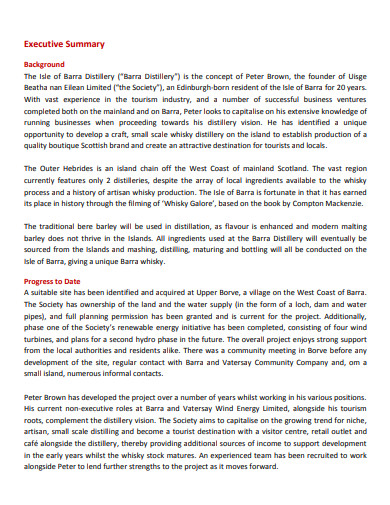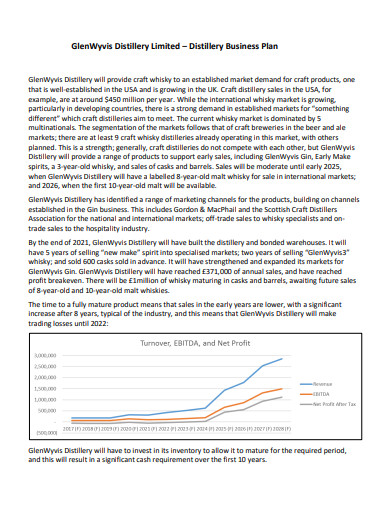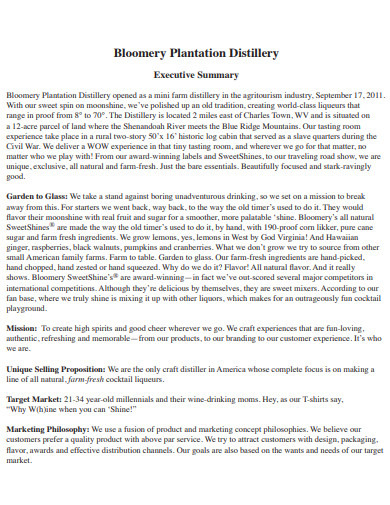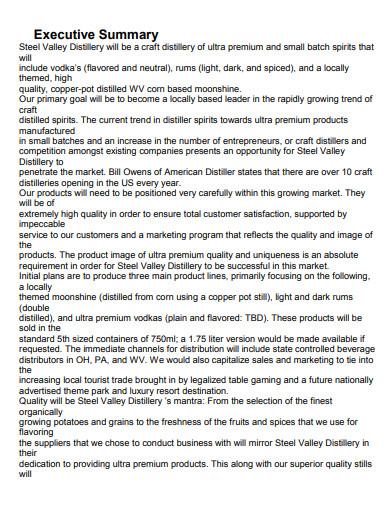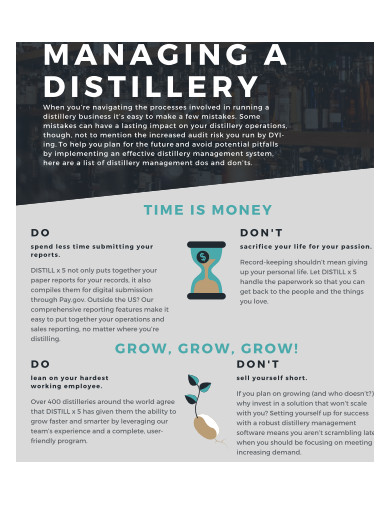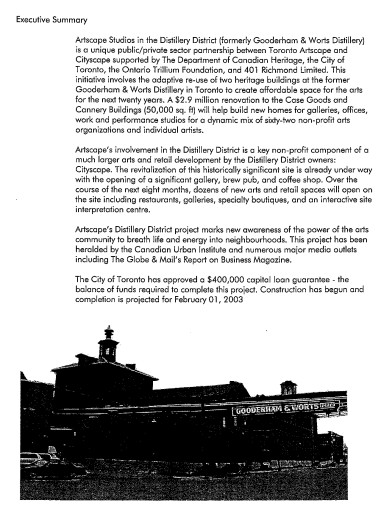Businesses can be highly complicated entities to manage, especially when you’re trying to make sure that your venture will succeed in the long run and not just fall out of the market after some time. It’s quite overwhelming to keep track of every component that may affect the nature of your business, and if it is able to return a profit or not. That is why creating a comprehensive layout is very important for business owners, regardless if their business is a startup one or not. A layout or a plan keeps everybody on the right track for the whole duration of the business, and to make sure that nothing will go wrong, and if something does, they can easily handle it. A good plan keeps everything together, making sure that the entirety of the business operations are as smooth as butter.
That plan that we have just talked about is what is called a business plan. Business plans are usually very pivotal documents that any business has to be able to establish themselves. It serves as a guideline or a roadmap that the business can follow in order to reach the milestones and the goals it has set for itself. Ultimately, becoming a successful venture. Operating without a business plan is usually highly discouraged, especially in industries where competition and demand is both equally high.
A distillery is an establishment that produces and manufactures a wide range of beverages, most commonly for alcoholic drinks. Alcoholic beverages have become a huge part in our lives ever since dating back to 2000 BC, when breweries and distilleries have been established first in ancient Mesopotamia. It began as a small venture, but as time moved past and populations grew, the demand increased along with it. Nowadays, large distilleries can be found almost anywhere in the world. Alcoholic drinks are always in demand, and if there is demand, there is always an opportunity in the market. A lot of businesses are already vying for a place in the industry. Which makes the market quite highly concentrated. Following the ever increasing demand for alcoholic beverages nowadays, several companies have already taken their spot into being the most well known brands.
A well drafted and well written business plan can easily help you take advantage of that demand, capitalize over it, and make your own profit. Distillery businesses are incredibly difficult ventures to go into. So you need the additional benefits that a well drafted business plan can introduce for your company such benefits include, but not limited to, being able to experiment with projects, strategies, or business ventures, without investing too much time and resources into experimenting. Try to get to know the document before you write your own business plan by first checking out these distillery business plan samples that we have listed down below. After you’ve familiarized yourself with the document, feel free to use these samples as guides or maybe even as templates for when you write your own distillery business plan.
6+ Distillery Business Plan Samples
1. Distillery Business Plan
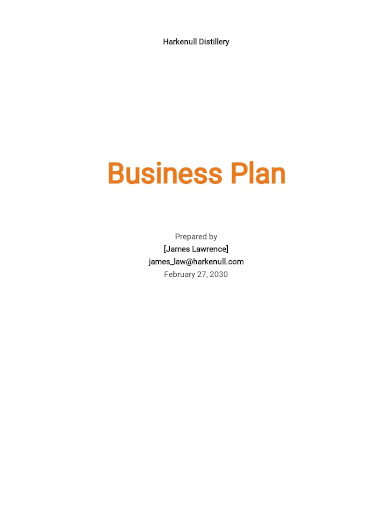
2. Sample Distillery Business Plan
3. Community Distillery Business Plan
4. Simple Distillery Business Plan
5. Distillery Company Business Plan
6. Distillery Business Management Plan
7. Business Management Plan Example
What Is a Distillery Business Plan?
Distillery business plans, or just about any business plan out there, are documents that present how a company will describe its objectives and what steps are the management willing to take in order to reach those objectives. A business plan works like a roadmap that the company can follow, along with its different departments such as marketing, financial, and operational. Business plans are typically very valuable documents since they can also serve as mediums in which to attract potential investors and partners even before the business has been properly established. It’s a good way to secure funds, resources, and even business partnerships in the early stages of your venture.
Although the document is especially useful for startup businesses, it is highly recommended that every company should be able to come up with their business plan, regardless if startup or not. Writing one will provide them with a document that they can review and update periodically to see if they are any closer to the goals that they have established, and how the circumstances that they have been working with has changed. A well written business plan is one that is able to present the outlined projected costs of the project, as well as the potential pitfalls of the decisions that the company has made. Despite the document being widely prevalent in the business and corporate industry, it is still extremely rare to find two business plans that are completely identical with each other. This is because every company has their own unique way of dealing with their own problems and issues.
Elements of a Distillery Business Plan
The length of the document varies greatly depending on the nature and the scope of the business of which it will be focused on. Although it is very common for business plans to be around 15 to 20 pages long. And even if no two business plans are alike, they often operate with just about the same elements. These elements are listed below, which they will also be discussed in more detail.
- Executive summary
The document should begin with an introductory paragraph that talks about the company itself, details with regards to the company’s mission-vision values, company leadership, employees, operations, and the general location of where the business is located. This section is also called an executive summary, and it should also talk about the nature of its business, and other information that needs to be presented early on. - Products and services
The next section is where the company should highlight and present the products and the services that they are offering. It should include the pricing, product lifespan, and other benefits a customer may have when availing the services of the business. Other factors that may be present include the manufacturing and production process, patents, and proprietary technology that the business might have. - Market analysis
A business needs to have a perfectly crystal clear idea of what its target customers are and their respective demographics. Get your business to get to know them more, learn to interact with them to know what they exactly want, and how your business can provide them. Doing so will also give you a better idea of the market, identify who or what the competition is, and how to stay on top of the competition. - Marketing strategy
After analyzing the market, you now have to present your strategy. How will the company attract the customer base and keep them engaged with your business. It should then talk about how it will reach the customers by highlighting a clear distribution channel that includes marketing and advertising campaigns, as well as through which mediums will those campaigns be distributed. - Financial planning
The company should then present their own financial planning to attract the audience of the business plan. A well laid-out plan can be very attractive, especially for investors who wish to partner with a company that is capable to provide a worthwhile return on investment. Financial statements, balance sheets, and other financial information can be presented. - Budget
All businesses must have a comprehensive budget in place. This should include costs, staffing, manufacturing, development, marketing, and other expenses that may be affiliated with your business.
FAQs
How profitable is a distillery?
The possible revenue for a distillery, assuming that you operate all throughout the week, is $960 per day.
What are the five elements of a business plan?
- Situation analysis
- Market analysis
- Product positioning
- Objective setting
- Strategies
What is the profit margin for a distillery?
The industry standard for a distillery is around 50% gross margin.
One last important thing to remember when drafting the document is that it’s not meant to be static. A business plan is a ‘live’ document, meaning that it is meant to change and adapt depending on how the circumstances of the business has changed and how the overall business operation is going.
Related Posts
FREE 9+ 30-Day Marketing Plan Samples in PDF | MS Word | Apple Pages | Google Docs
FREE 3+ Sales Team Action Plan Samples in PDF | MS Word | Apple Pages | Google Docs
Marketing Plan For Small Business Samples
FREE 7+ Fashion Business Plan Samples in PDF
FREE 10+ Sprint Planning Samples In MS Word | Google Docs | PDF
FREE 10+ Wedding Planning Samples in MS Word | Apple Pages | Powerpoint | PDF
FREE 9+ Monthly Study Planner Samples in PSD | Illustrator | InDesign | PDF
FREE 9+ Sample Curriculum Planning Templates in PDF | MS Word
FREE 10+ Teacher Development Plan Samples in MS Word | Google Docs | Apple Pages | PDF
FREE 10+ Basketball Practice Plan Samples in PDF
FREE 12+ School Business Plan Samples in PDF | MS Word | Apple Pages | Google Docs
FREE 7+ Client Strategic Plan Samples in PDF | MS Word
FREE 11+ Trucking Business Plan Templates in PDF | MS Word | Google Docs | Pages
FREE 7+ Small Hotel Business Plan Samples PDF | MS Word | Apple Pages | Google Docs
FREE 14+ Bakery Business Plans in MS Word | PDF | Google Docs | Pages

